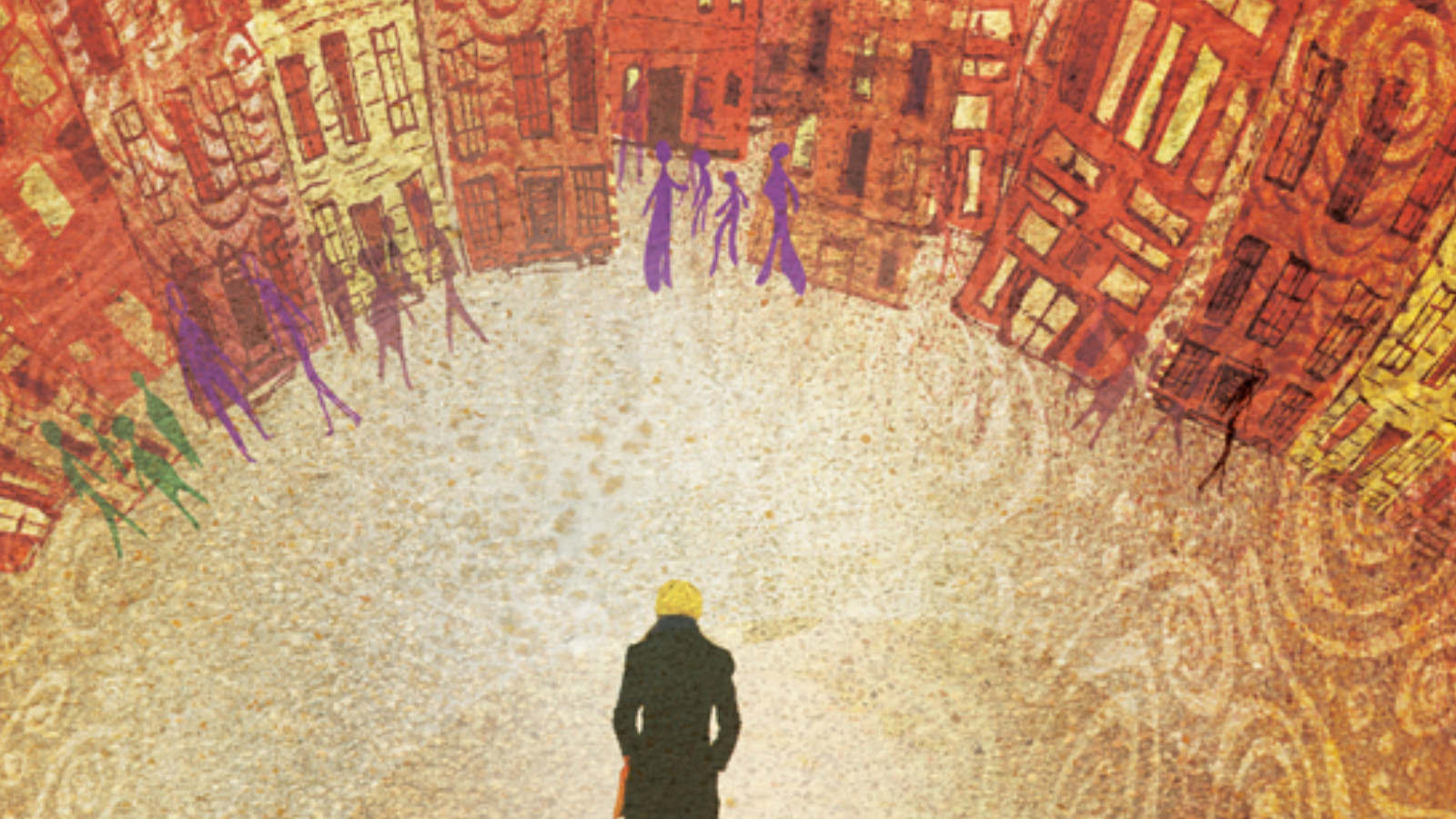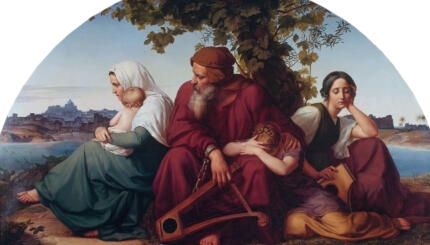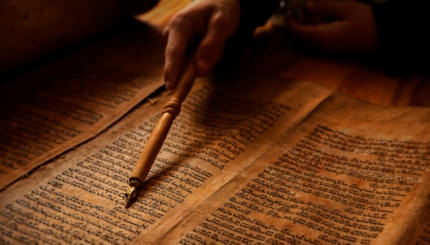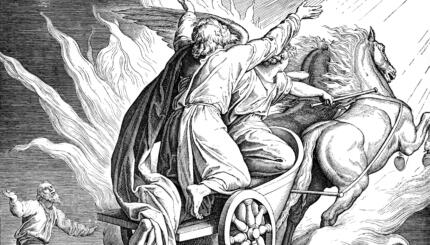Commentary on Parashat Pinchas, Numbers 25:10-30:1
There is a whole lot going on in this week’s portion: Phinehas, aka the guy who spears the two lovers outside the Temple in the last Torah portion, is given an elevated status by God. … God allocates the land to the Israelites. … Moses elects Joshua to be his successor. … Some sisters, the daughters of Zelophehad, are smarter than Moses and get their father’s land.
Because feminism, I will focus on the sisters. Rashi notes that these women are clearly righteous and deserving of praise since the Torah names them. He also comments that they are perhaps more learned than Moses, saying, “Their eyes saw what Moses’ did not.” The Talmud, Bava Batra 119b, states: “The daughters of Zelophehad were wise, seeking and righteous.”
In preparing to write this week’s commentary I read through Jewish feminist writings and commentaries, like this one, describing these women as radical and brave and, generally, people we should aim to be more like. So, who were these women and why are they deserving of our praise?
The daughters of Zelophehad were Mahlah, Noa, Hoglah, Milcah and Tirzah. They approach Moses and the leaders to present their case; their father has died and had no sons. Rather than let their father’s name and his land be lost, they argue that they should be made heirs of the land. Moses goes directly to God, who tells Moses that the women are right and they deserve the land. It’s a win, right? Not so fast. Because later on, the women are given a caveat: They can keep their father’s land only if they marry Israelite men. No Israelite men, no land.

Help us keep Jewish knowledge accessible to millions of people around the world.
Your donation to My Jewish Learning fuels endless journeys of Jewish discovery. With your help, My Jewish Learning can continue to provide nonstop opportunities for learning, connection and growth.
On one hand, we have these five women helping to shape Israelite law. Because they were brave and unified in their cause, they set a precedent for any Israelite daughter without a brother will become her father’s heir. On the other hand, the men swoop in with amendment, thus voiding the women’s power, should they marry outside of the tribe.
In biblical times and today we see examples of men feeling threatened by and silencing strong, learned women. This Torah portion reminds me of the recent hoopla surrounding cases of male politicians interrupting and/or attempting to silence their female counterparts. The sisters Zelophehad lived in a different time. Jewish women of today can honor them by taking their bold steps further — by not remaining silent, by not just taking what they are given , but by instead carving their own way.
We’re living in a time where the rights of women, LGBTQIA (lesbian, gay, transgender, queer, intersex and asexual) folks, people of color, the disabled and others are at serious risk — as the “elders” of this nation consider policy proposals that will affect generations to come. If we truly want to be like Mahlah, Noa, Hoglah, Milcah and Tirzah, we have a responsibility to be strong, to be impolite, to persist and to take what is rightfully ours. The only question is, are we bold enough to do it?



